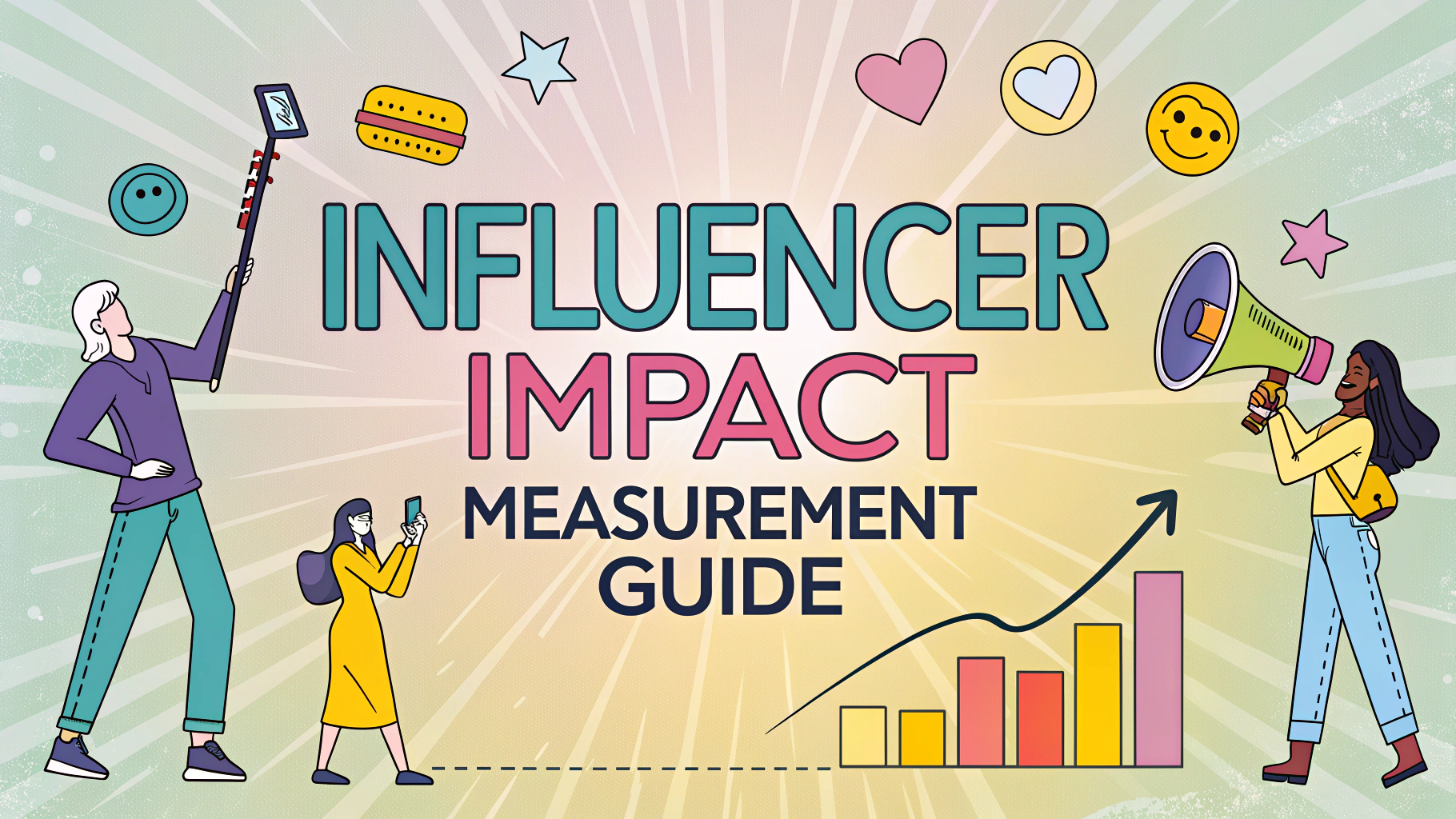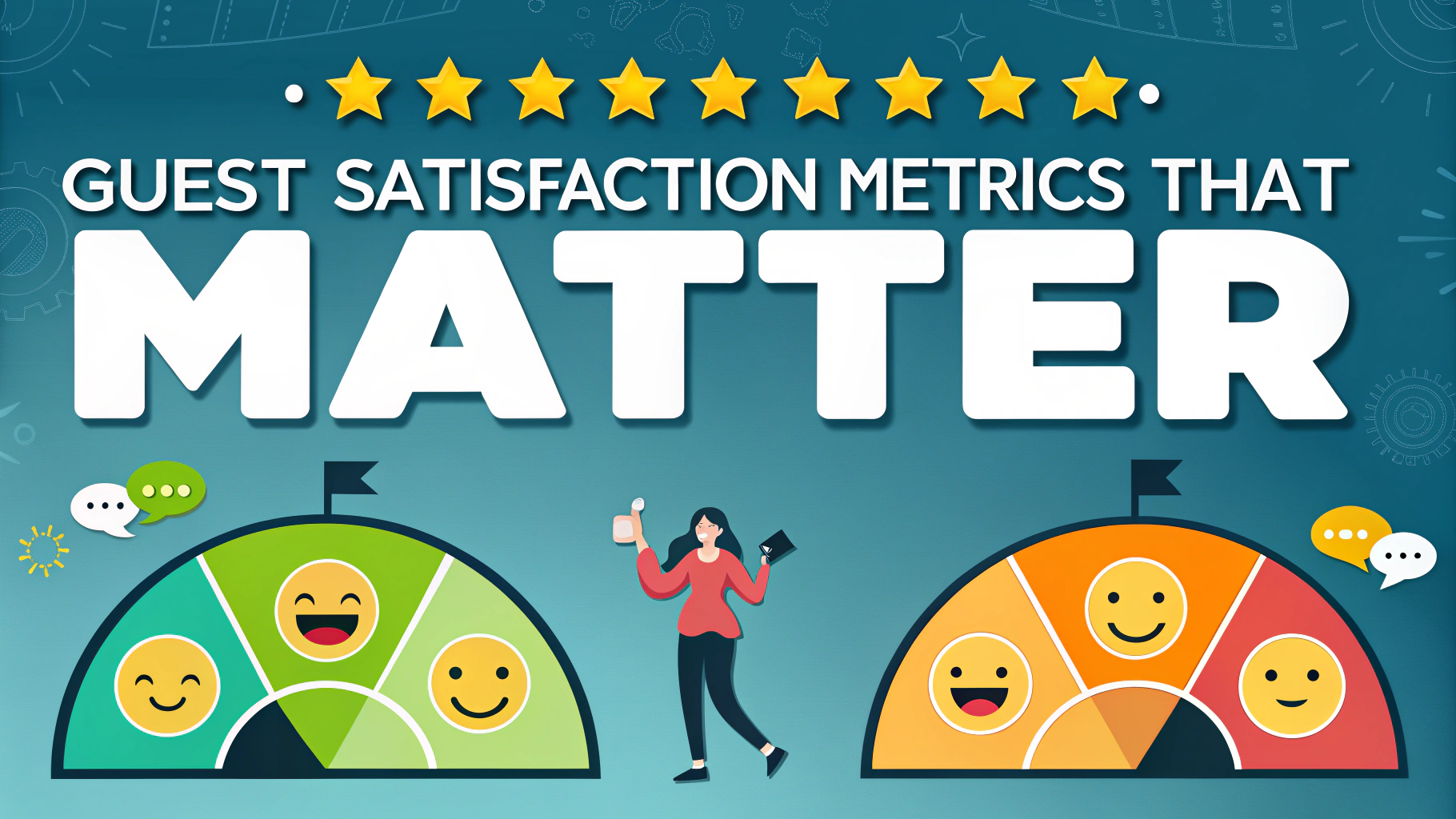Geo-targeting helps hotels reach potential guests with personalized messaging based on their location, behavior, and preferences.
Hotels can significantly boost their marketing ROI by delivering customized promotions and content to specific geographic segments of their audience.
From local event packages to seasonal specials, geo-targeting enables hotels to create relevant offers that resonate with travelers from different regions.
Setting Up Location-Based Marketing
- Use IP-based targeting to detect visitor locations
- Implement geofencing to reach mobile users within specific areas
- Segment audiences by country, region, city or radius
- Create location-specific landing pages
Customizing Content by Region
Each geographic market requires unique messaging that addresses local preferences, cultural nuances, and travel patterns.
| Market Type | Content Focus |
|---|---|
| Local (< 50 miles) | Staycation packages, restaurant offers, spa deals |
| Regional (50-300 miles) | Weekend getaways, road trip itineraries |
| National | Extended vacation packages, business travel amenities |
| International | Cultural experiences, transportation services, language support |
Tools for Geo-Targeting Success
- Google Ads Location Targeting – Set geographic parameters for PPC campaigns
- Facebook Location-Based Ads – Target users by current location or travel interests
- Marketing Automation Platforms – Segment email lists by location
- Website IP Detection – Show relevant content based on visitor location
Seasonal and Event-Based Targeting
Align promotions with local events, weather patterns, and seasonal travel trends specific to each region.
- Winter ski packages for mountain regions
- Beach getaways for summer destinations
- Business travel promotions near convention centers
- Special rates during local festivals and events
Measuring Geographic Performance
Track these key metrics for each geographic segment:
- Conversion rates by region
- Average booking value
- Length of stay patterns
- Popular amenities by location
- Return guest rates
Taking Your Strategy Forward
Start with a small geographic area to test and refine your targeting approach before expanding to new markets.
Regular analysis of geographic data helps identify new opportunities and optimize existing campaigns for better results.
Contact your hotel marketing system provider or digital marketing agency to implement these geo-targeting strategies effectively.
Optimizing Mobile Geo-Targeting
Mobile users represent a significant opportunity for hotel geo-targeting, especially for last-minute bookings and local experiences.
- Ensure mobile-responsive landing pages
- Implement click-to-call functionality
- Create mobile-specific offers
- Optimize loading speeds for local searches
Advanced Targeting Techniques
Weather-Based Targeting
Adjust promotions based on weather conditions in target markets:
- Rain escape packages during wet seasons
- Indoor activity promotions during extreme weather
- Seasonal comfort amenities based on temperature
Behavioral Targeting
Combine location data with user behavior to create highly targeted campaigns:
- Previous booking patterns
- Website interaction history
- Travel preference indicators
Privacy and Compliance
Maintain strict adherence to location data privacy regulations:
- Obtain proper consent for location tracking
- Follow GDPR and local privacy laws
- Provide transparent opt-out options
- Secure storage of location data
Maximizing Your Geo-Targeting Impact
Success in hotel geo-targeting requires continuous refinement and adaptation to changing market conditions. Focus on collecting meaningful data, testing different approaches, and maintaining authentic connections with each geographic segment.
- Regularly update geographic targeting strategies
- Monitor competitor activities in each region
- Stay current with local market trends
- Build strong relationships with regional partners
Remember that effective geo-targeting is an ongoing process that evolves with your hotel’s growth and changing guest preferences.
FAQs
- What is geo-targeting in hotel marketing?
Geo-targeting is the practice of delivering specific content, advertisements, or offers to potential hotel guests based on their geographical location, including their country, region, city, or even zip code. - How can hotels use IP-based geo-targeting effectively?
Hotels can use IP-based geo-targeting to automatically display website content in visitors’ local languages, show rates in local currencies, and present relevant seasonal offers based on the weather conditions in the visitor’s location. - What role does mobile geo-targeting play in hotel marketing?
Mobile geo-targeting allows hotels to send location-based push notifications, special offers, and promotions to potential guests when they are within a specific radius of the property or in relevant locations like airports or tourist attractions. - How does geo-targeting improve hotel marketing ROI?
Geo-targeting improves ROI by focusing marketing budgets on specific geographical areas with the highest potential for bookings, reducing ad spend waste and increasing conversion rates through more relevant messaging. - What are the best practices for geo-targeting in hotel PPC campaigns?
Best practices include setting appropriate radius targeting around your property, adjusting bid modifiers for high-value locations, creating location-specific ad copy, and using local keywords and landmarks in campaigns. - How can hotels use geo-fencing in their marketing strategy?
Geo-fencing allows hotels to create virtual boundaries around specific locations and trigger marketing messages when potential guests enter or exit these areas, such as competing hotels, convention centers, or popular tourist spots. - What role does geo-targeting play in hotel social media advertising?
Geo-targeting in social media enables hotels to create highly targeted ads for specific locations, customize content for local events or attractions, and engage with travelers planning trips to their area. - How can hotels use geo-targeting for seasonal marketing campaigns?
Hotels can create season-specific campaigns targeting locations experiencing opposite weather conditions, promote winter packages to warm-weather locations during cold months, and adjust messaging based on local events and festivals. - What privacy considerations should hotels keep in mind when implementing geo-targeting?
Hotels must comply with local privacy laws like GDPR, obtain proper consent for location tracking, provide clear opt-out options, and maintain transparent data collection and usage policies. - How can hotels leverage geo-targeting for competitive advantage?
Hotels can use geo-targeting to monitor competitor pricing in specific regions, create targeted campaigns near competitor properties, and develop location-specific value propositions that highlight their unique advantages.







